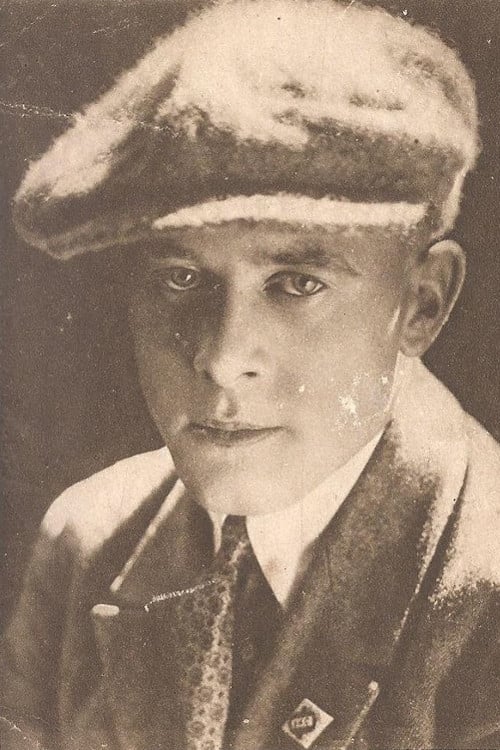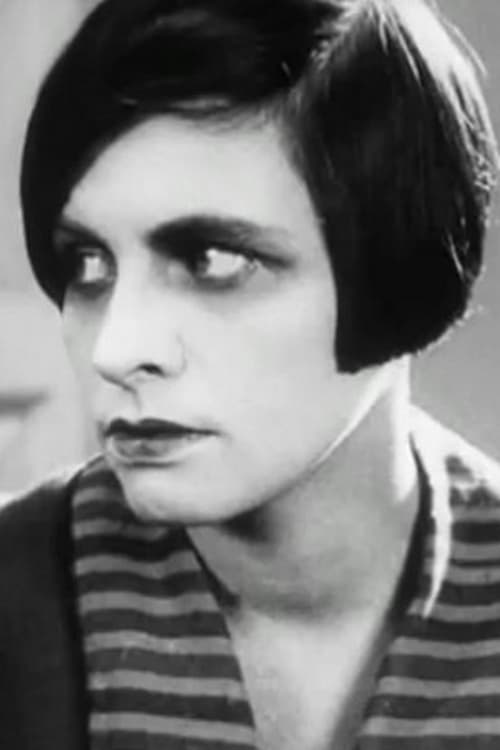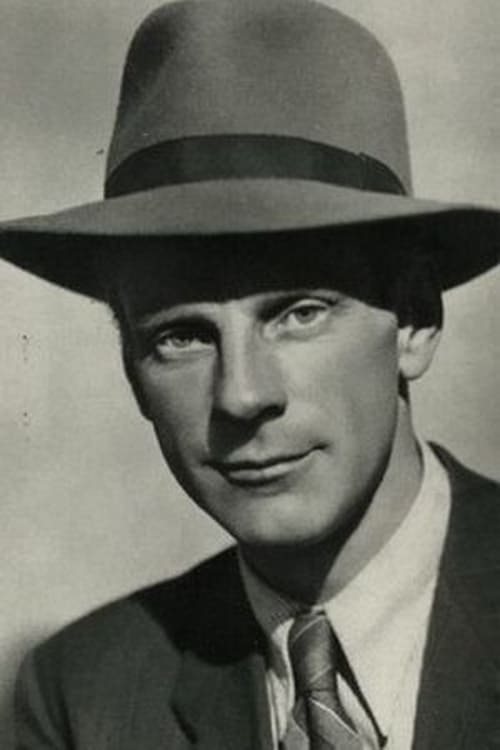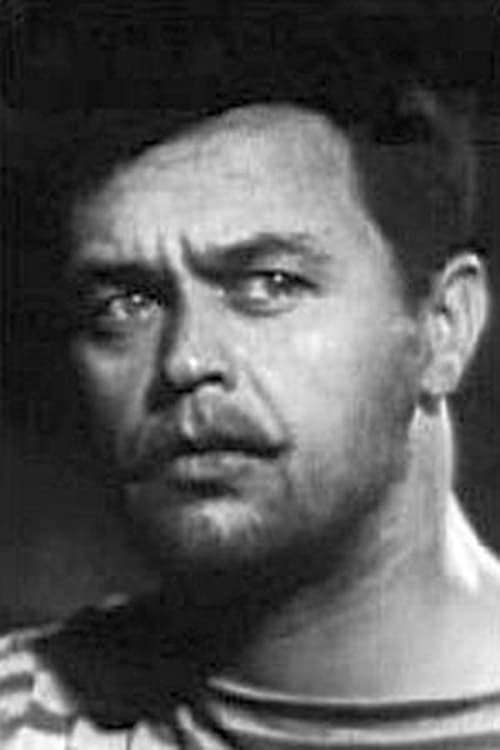The Club of the Big Deed (1927)
ジャンル :
上映時間 : 1時間 36分
演出 : Leonid Trauberg, Grigori Kozintsev
シノプシス
The film tells about the Decembrists’ revolt in the south of Russia. Right before the Decembrist Revolt 1825 a chevalier of fortune decides that it's time for a game. But on whom to make a bet? He asks the cards. But he's not the only one who makes the choice.
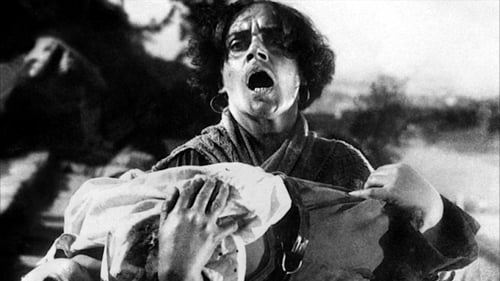
帝政に対する不満が頂点に達し、反乱を起こす水兵たち。やがてそれは軍隊による民衆の大虐殺へと発展していく。乳母車が階段を落ちる“オデッサの大虐殺”シーンがあまりにも有名な巨人セルゲイ・M.エイゼンシュテイン監督の大傑作。
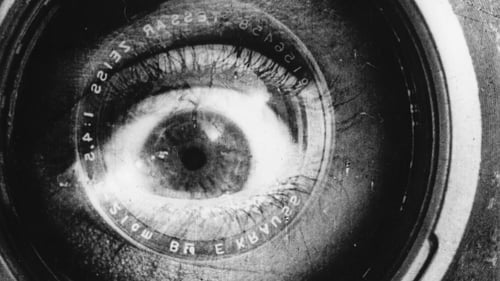
A cameraman wanders around Moscow, Kharkiv, Kyiv and Odesa with a camera slung over his shoulder, documenting urban life with dazzling invention.
Man with a Movie Camera is one of the major manifestos of the world cinema avant-garde. According to the aesthetic principles of Vertov, the film was not based on a script. In Man with a Movie Camera, Vertov implemented experiments that he carried out for many years and theoretical developments in cinematography and editing, turning the film into a film-making methodological guide for subsequent generations of directors. The camera of a talented cinematographer Mikhail Kaufman captures the motley life of Ukrainian megalopolises – Odesa, Kharkiv, and Kyiv – under New Economic Policy.
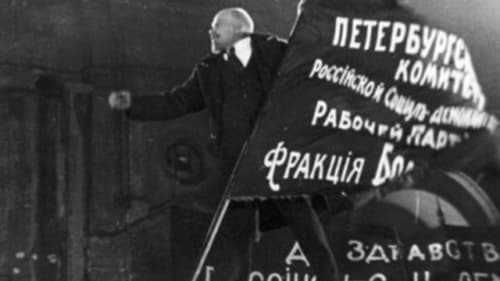
Sergei M. Eisenstein's docu-drama about the 1917 October Revolution in Russia. Made ten years after the events and edited in Eisenstein's 'Soviet Montage' style, it re-enacts in celebratory terms several key scenes from the revolution.

A peasant in rural Russia comes to St. Petersburg to escape absolute poverty and find work at the outbreak of the First World War. He comes to stay with his friend, a Bolshevik worker who has organized a strike at his factory. The peasant betrays his friend to the factory's greedy management, leading to the arrest of the striker. Feeling remorseful at his actions, the peasant attempts to plead for his friend’s freedom, but the situation escalates and he is imprisoned without trial and sent to fight in the war. After returning from the front, the peasant joins the revolutionary fight along with the Bolshevik worker.

This documentary promoting the joys of life in a Soviet village centers around the activities of the Young Pioneers. These children are constantly busy, pasting propaganda posters on walls, distributing hand bills, exhorting all to "buy from the cooperative" as opposed to the Public Sector, promoting temperance, and helping poor widows. Experimental portions of the film, projected in reverse, feature the un-slaughtering of a bull and the un-baking of bread.

The film tells about the Decembrists’ revolt in the south of Russia. Right before the Decembrist Revolt 1825 a chevalier of fortune decides that it's time for a game. But on whom to make a bet? He asks the cards. But he's not the only one who makes the choice.

Mr. West and his faithful bodyguard Jeddie visit the land of the 'evil' Bolsheviks. Through various mishaps, Mr. West discovers that the Soviets are actually quite remarkable people.

Life is short and full of oppression, but that doesn't mean Parasha can't find love and laughter when she leaves her country home to take a job as a maid in the overcrowded, overworked, and underpaid world in the big city.

The momentous film stars Mykola Nademskyi as the grandfather of Tymish (Semen Svashenko), whom he alerts to secret treasure buried in the mountains of Zvenygora – Treasure that rightfully belongs to his homeland. The film wonderfully blends both lyricism and politics and uses its central construct to build a montage praising Ukrainian industrialization, attacking the bourgeoisie, celebrating the beauty of the Ukrainian steppe and retelling ancient folklore. Said Sergei Eisenstein of the film, "As the lights went on, we felt that we had just witnessed a memorable event in the development of the cinema".

The story of Stalin and the Soviet people.

Typically of the heady days of early Soviet cinema, this is constructed according to the fast, sharp editing principles advocated by Eisenstein, complete with symbolic inserts; but in terms of subject matter, it's much less explicitly political than most movies emerging from Russia in the '20s. Chronicling a young sailor's descent into a murky, treacherous underworld of pimps and thieves, after having encountered a Louise Brooks lookalike at a fairground and missed his departing boat, it's a lively moral fable that delights in vivid visual effects and quirky characterisations. If the plot occasionally reveals gaping holes, and the tacked-on ending urging the clearance of the Leningrad slums seems to be rather gratuitous, there's enough going on to keep one attentive and amused.
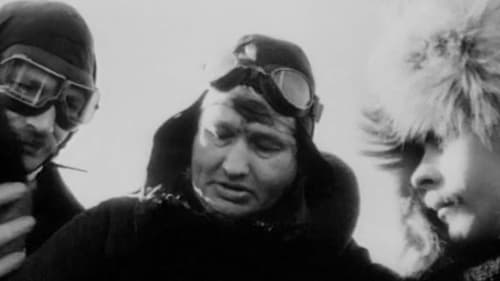
A satiric comedy which dissects the iconography of the 'Soviet Hero'. Original footage of a propaganda film from 1941 is the starting point for this parody of the ideological cliches of Soviet cinema. It follows the story of a Russian crew across the North Pole.




